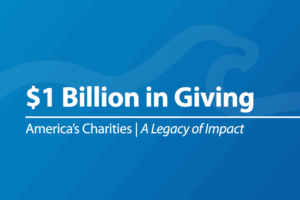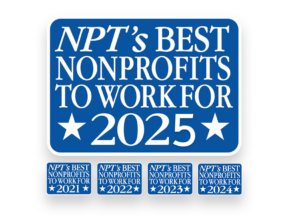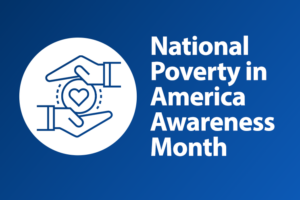Sarah Ford | July 15, 2014
Can Dementia be Prevented?
That’s a question the American Psychological Association posed when it brought in an expert panel to discuss the topic at a Senate briefing last week.
The July 11 briefing examined the impact of lifestyle interventions—what you might call “healthy living”—on preventing dementia from all causes, including Alzheimer’s disease.
While dementia is rarely seen before age 65, an estimated half of all people in later age will develop either the symptoms or the pathology of dementia, asserted Robert Wilson, PhD, a neuropsychologist at the Rush Alzheimer’s Disease Center affiliated with Rush University in Chicago. By “pathology,” he means physical changes in the brain, such as beta amyloid deposits and tau tangles associated with Alzheimer’s disease (AD); shrinking of the hippocampus, a two-sided part of the brain responsible for memory and spatial navigation; decreases in brain derived neurotropic factor, which is like a nutrient-rich “fertilizer” for the brain; and other factors, such as strokes and circulatory factors that can cause dementia.
So the bad news is that half of us, in old age, will experience changes in our brains that are characteristic of dementia, including AD.
But the good news is that up to half of all dementia is not explained by such factors.
Get Resources and Insights Straight To Your Inbox
Explore More Articles
$1 Billion in Giving: America’s Charities Reaches a Historic Milestone
A testament to the impact of mobilizing the power of giving. We have some extraordinary news to share. In 2025, America’s Charities crossed a threshold that few organizations…
America’s Charities Named ‘Best Nonprofit To Work For’ For Fifth Consecutive Year
Washington, D.C. – April 1, 2025 – America’s Charities, the nonprofit that mobilizes the power of giving as a leading provider of volunteering, workplace giving,…
Get Resources and Insights Straight To Your Inbox
Receive our monthly/bi-monthly newsletter filled with information about causes, nonprofit impact, and topics important for corporate social responsibility and employee engagement professionals, including disaster response, workplace giving, matching gifts, employee assistance funds, volunteering, scholarship award program management, grantmaking, and other philanthropic initiatives.




